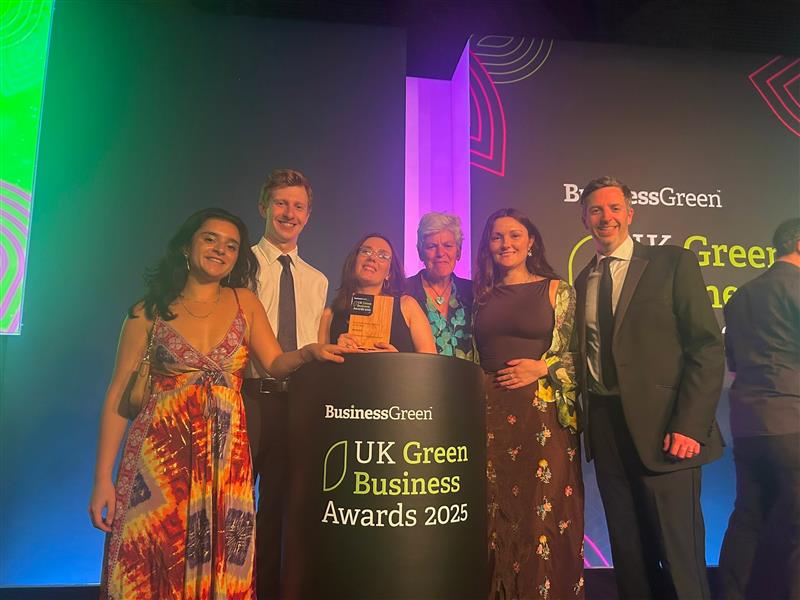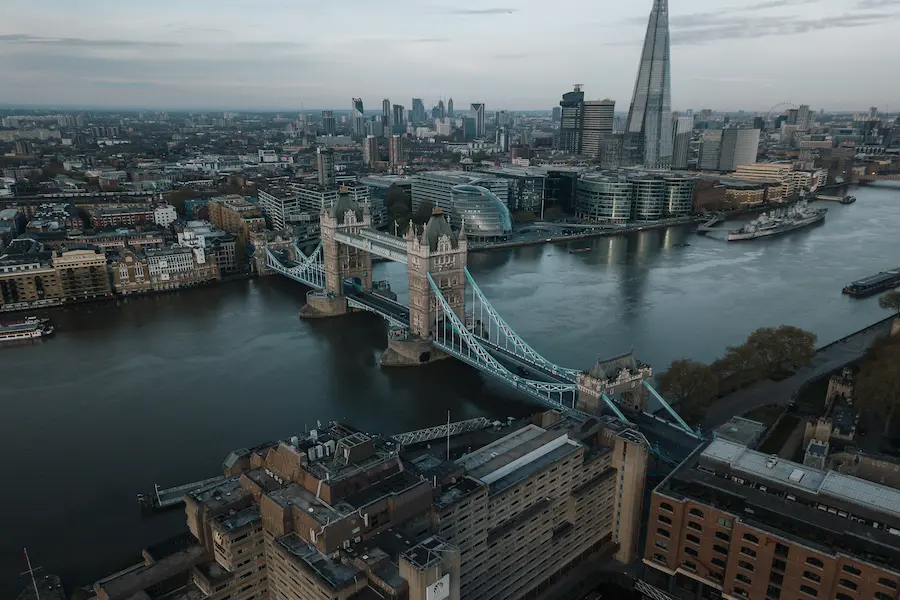International Women’s Day: Why we need more female representation at COP26.

The climate crisis is an ethical and political issue which disproportionately impacts women, ethnic minorities, and those from poorer backgrounds. In order to tackle the climate crisis, we need to ensure that climate justice is at the forefront of policy making, and that the most affected groups are adequately represented in decision-making processes.
The average representation of women in international and national climate negotiating bodies is less than 30%. In 2021, we expect our political institutions to accurately represent the population. Yet the UK COP26 team is another example of how women are left out from political decision-making. In November, the SHEChangesClimate campaign found that only 15% of the COP26 leadership team were women.

This International Women’s Day, Greenhouse is joining the SHEChangesClimate campaign, calling for COP26 President, Alok Sharma, to have a balanced representation of men and women at the high-level team for COP26.
The struggle for climate justice is also the struggle for racial, gender, sexual and economic justice. The gendered impacts of climate change mean we must ensure an equal balance between men and women at all levels, especially within the COP26 senior management team. It is difficult to see how the current predominantly male-led COP26 team will ensure that women’s voices and needs are heard.
Farhana Yamin, Founder Track 0, Climate Lawyer & Former Advisor to H.E. President Hilda Heine, Republic of the Marshall Islands
Women and climate change
UN data suggests that 70% of the 1.3 billion people living in poverty worldwide are women. The UN also highlights that women represent 50%-80% of the world’s food production labour force but own less than 10% of the land.
These women are most at risk from the climate crisis, with changes in weather and natural disasters putting their jobs at risk and making it increasingly difficult to manage and provide for their households.
Women and children are 14 times more likely than men to suffer direct impacts of natural disasters and climate breakdown yet are regularly shut out of the decision-making that’s supposed to change things. The UK needs to resolve this as it hosts the UN climate talks this year, but it’s already treading familiar ground as an old boys’ club where women are left off the top table.
Muna Suleiman, a climate campaigner at Friends of the Earth
The pressure of climate change, and the impact it has on women’s financial independence, also makes women more vulnerable to exploitation. For instance, rising ocean temperatures has caused a decline in fish populations, impacting the livelihoods of women in Malawi where they are forced to sell sex for access to food.
When it comes to the increase in extreme weather as a result of climate change, women are once again disproportionately impacted. African American women were one of the worst affected groups by Hurricane Katrina in 2005. The displacement eroded networks that single mothers relied on to survive, and emergency shelters provided inadequate resources to accommodate women.
Similarly, during the 2004 tsunami across Sri Lanka, Indonesia and India, an Oxfam report found that men were three times more likely to survive than women, due to their position as primary caregivers, home makers and their job roles which typically involved being on beaches to collect fish.
#SheChangesClimate Campaign
It is evident that women are significantly impacted by the climate crisis, making their experiences and voice crucial to tackling the climate crisis. So why are there not more women on the UK COP26 team?
In December 2020, SHEChangesClimate delivered an open letter to the government signed by over 400 female climate leaders including prominent actors, activists, politicians, economists and Nobel Prize Laureates. The letter asked for a 50:50 split of women and men at the top of the team, ensuring that diversity, inclusiveness, transparency and accountability are emphasised in the COP negotiations.
However, since the letter, there have been no significant changes made to the team, and the 50:50 split has not yet been met. Without women being equally represented, climate policy will continue to neglect the problems faced by those most affected by the climate crisis, exacerbating social and economic inequalities across the globe.
Fighting climate change with immediate action is absolutely imperative and COP26 is at the forefront of instigating that action. Yet, the leadership team is mostly male. I call for the UK COP26 President to take urgent steps to rectify this, as we will not succeed in tackling the climate crisis without women’s inclusion. We can and must have a gender-balanced team to be effective and successful.
Dr Mya-Rose Craig (Birdgirl)
You can support the campaign now by:
- Following @SheClimate.
- Pledging your support by sharing these graphics and calling for Alok Sharma to take action now.
- Visiting and sharing the website.
Interested in learning more about the SHEChangesClimate campaign? Read more in our blog here.
Greenhouse PR works with organisations and leaders who are pioneering climate action. Whether it’s food, fashion, finance or farming, if you’ve got a great story and need our help to tell it, get in touch with the Greenhouse team on 0117 214 1250 or email info@greenhousepr.co.uk.


